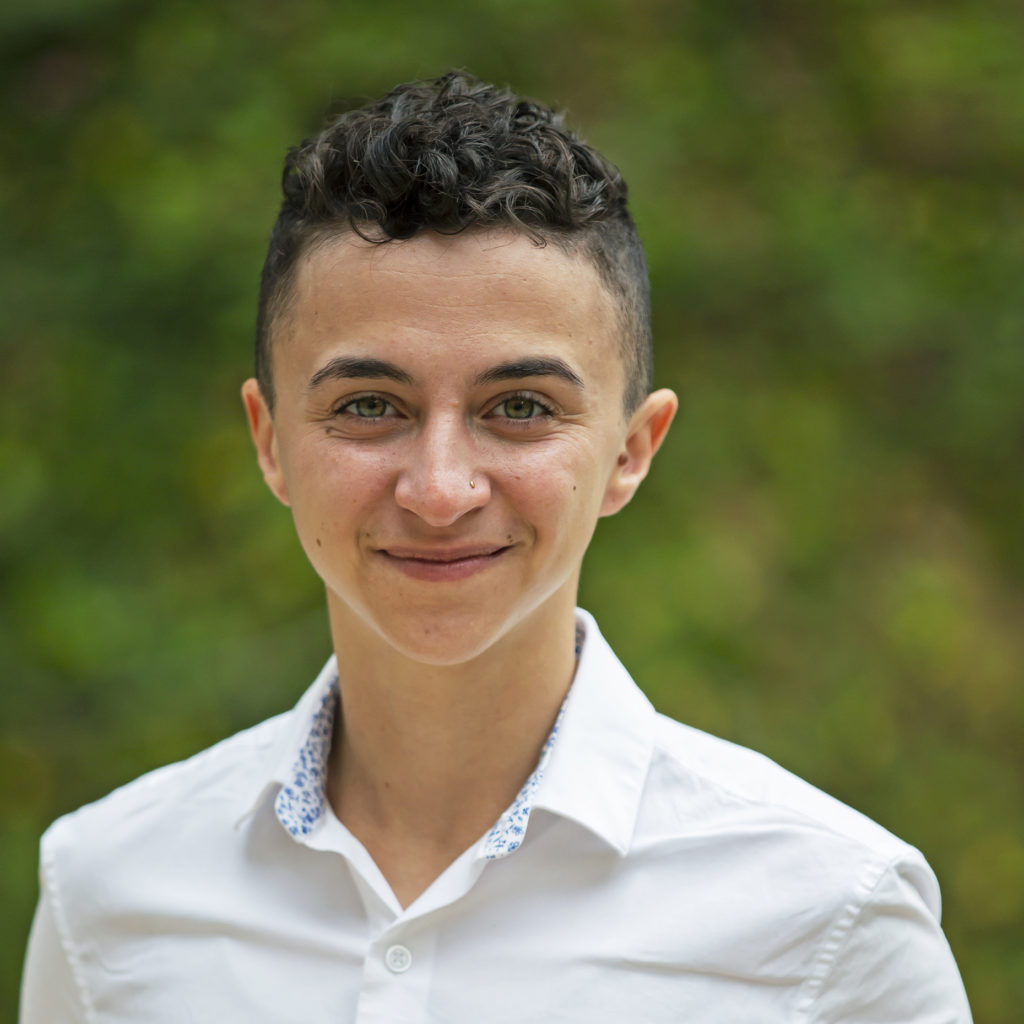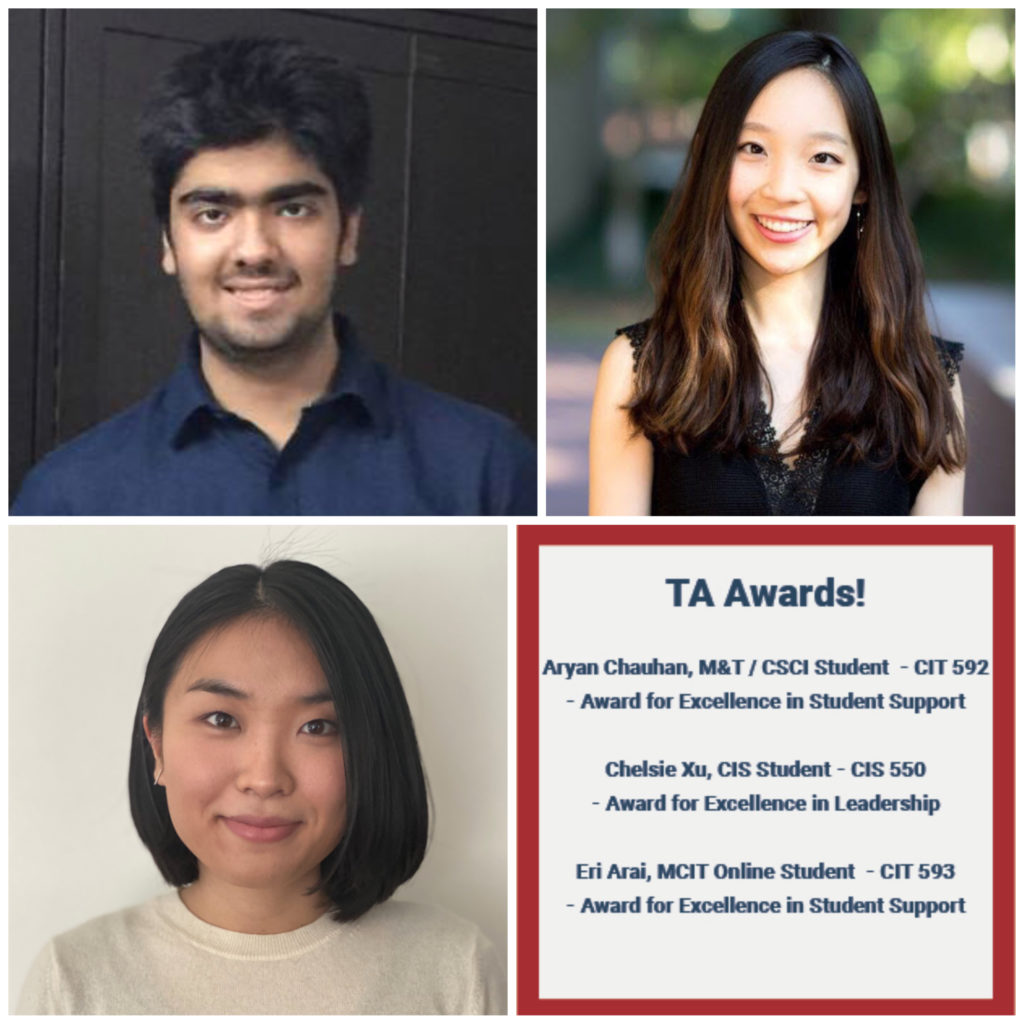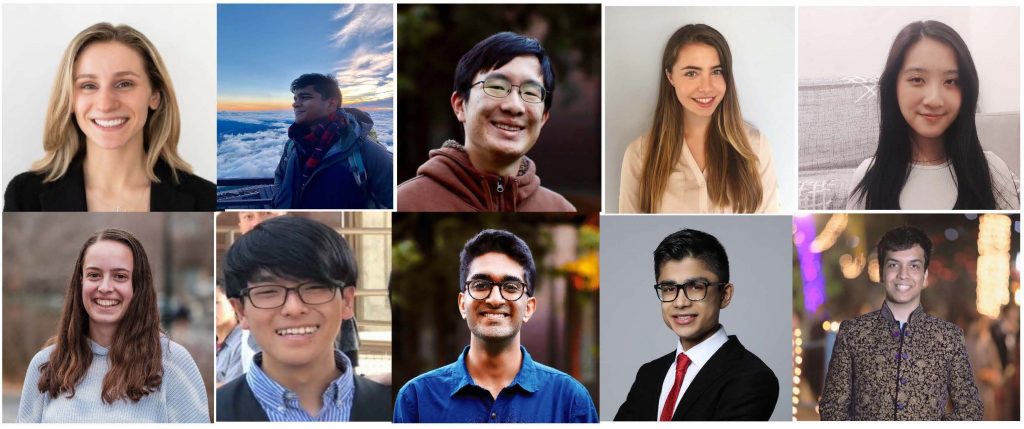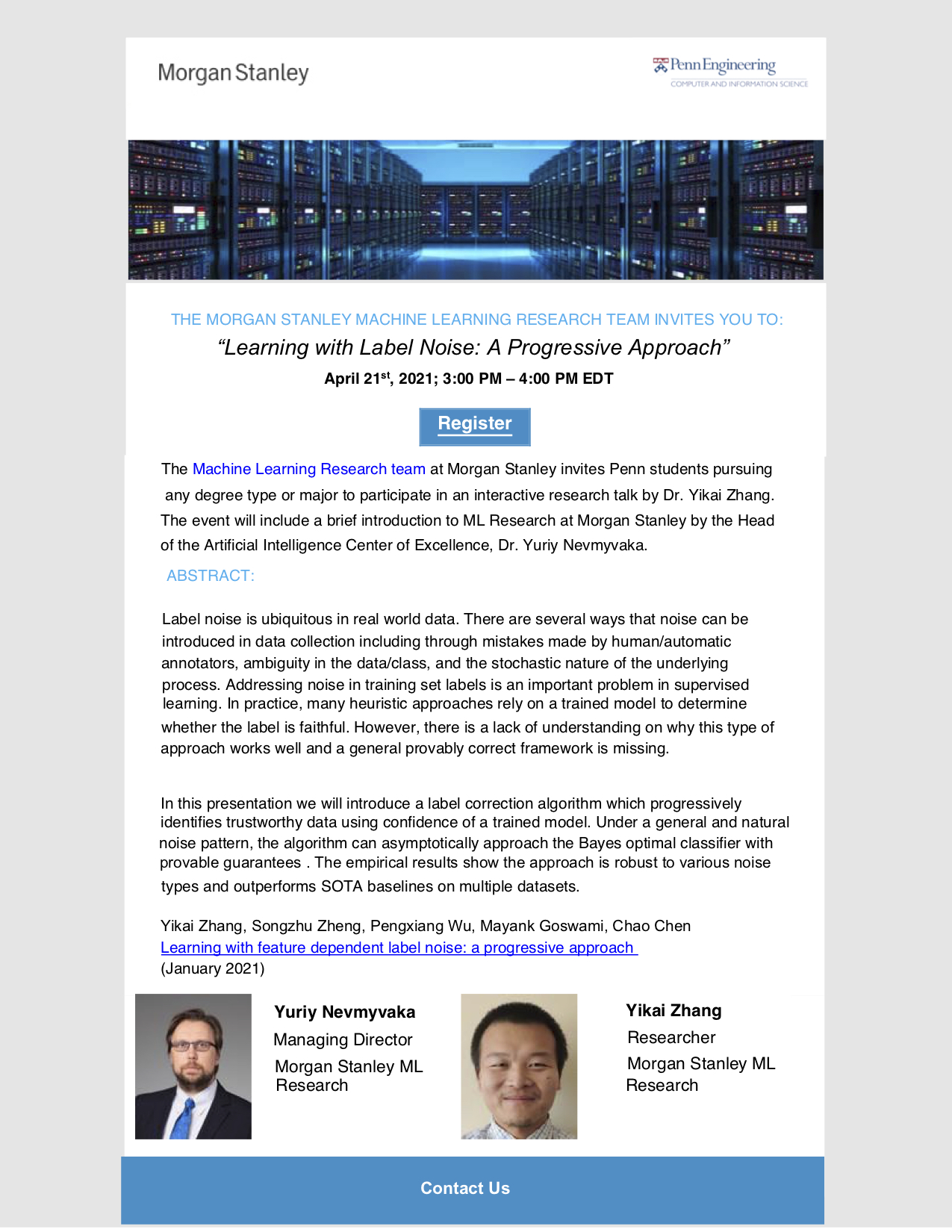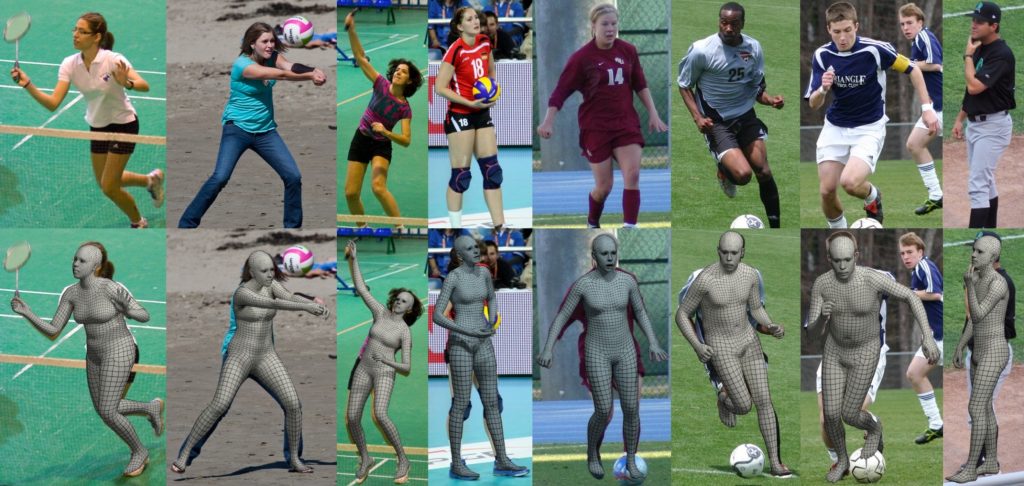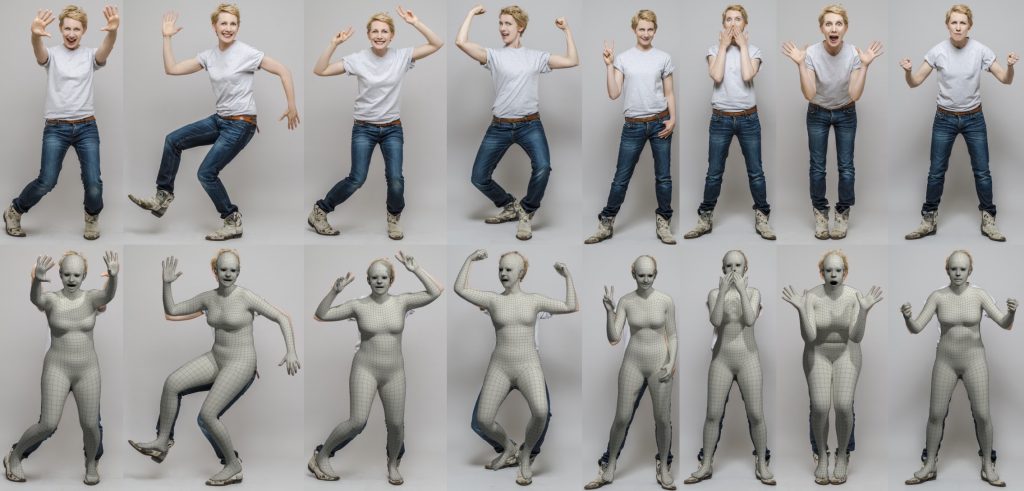
In January 2022, the Comp Info Sci department will welcome Andrew Head as an Assistant Professor. Andrew, who will be starting a Penn HCI (Human Computer Interaction) Group with associate new hire Danaë Metaxa, mainly focuses on helping others express their work fluidly and efficiently.
“My particular sliver of Human Computer Interaction: I work on designing interactive systems that help scientists, and data scientists and programmers,” said Head. “Essentially I want to improve the interactions that we have to support programming, writing and the sharing of expertise.”
Andrew first discovered his interest in HCI soon after graduating college and realizing that the prevailing field of technical learning tools was kind of lacking.
“When I started out with my PhD, I really wanted to be able to equip people with better tools to be able to communicate the learnings that they got from their everyday work — with other people,” said Head. “I see each of the projects that I work on as being this different incarnation of this basic idea: how can we help people work together with computers, who know about their work, and what went into it, and the history of it, and all the little dependencies between it, and be able to shape it up in a form and be able to share it with other people and empower them.”
One example Andrew gives the example is a recent project he worked on that allowed people who built video games to deconstruct the code, and augment it with input and explanations, in order to teach others how they did it.
In addition to the appeal of all sharing resources with the renown faculty already teaching in the department, Andrew also decided to join the Penn team because of his desire to literally teach his passions to others.
“I know from talking with a bunch of the students, there’s a lot of interest for this style of work,” said Head. “Seeing that it would both be a fertile ground for bringing the things that I really love about research to a broader audience, I knew that there would also be a receptive set of awesome researchers across the department to work on these cross-disciplinary projects.”
Andrew and Danaë also plan to create and HCI speaker series in Fall 2022 so that students across the department can learn more about HCI from active researchers in the field.
